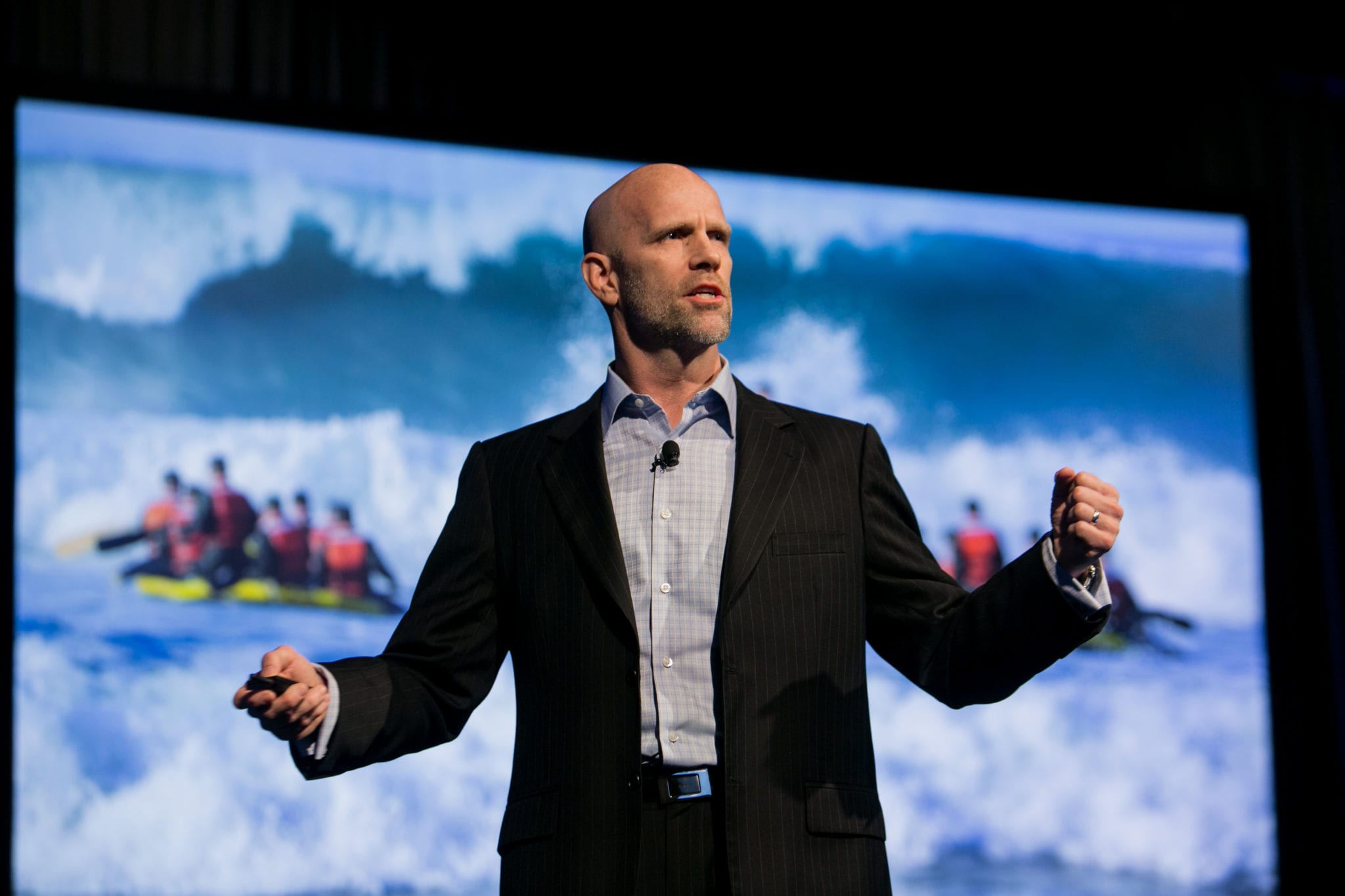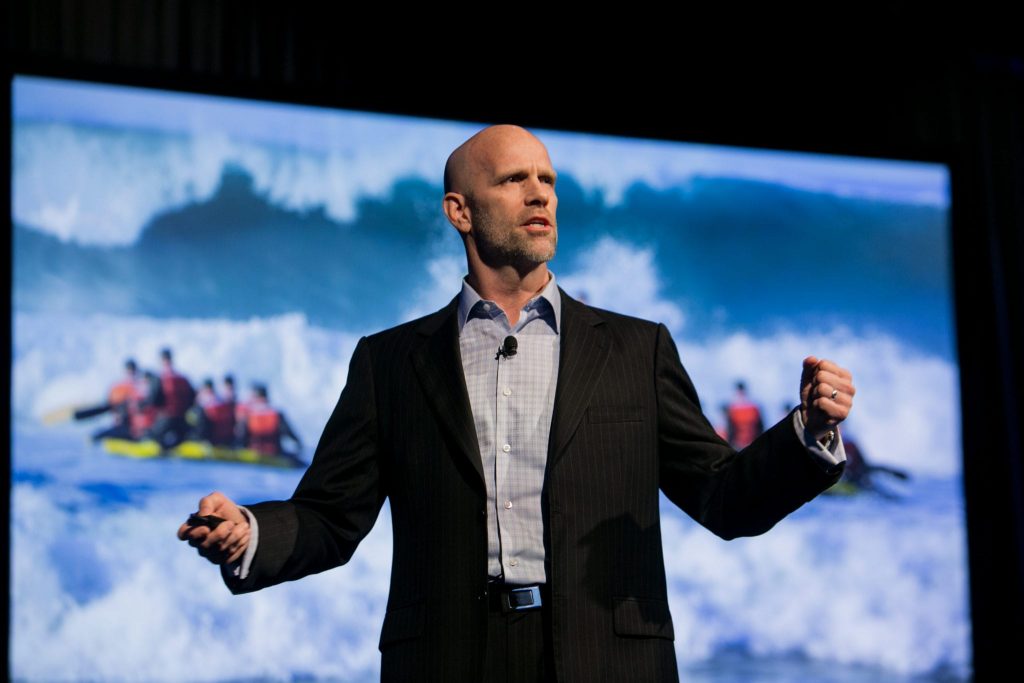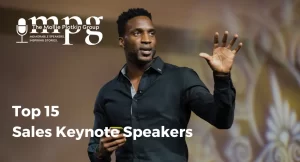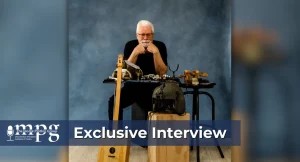With a resume that reads like an action film promo, Errol Doebler has by far the most down-to-earth approach to leadership. So much so, in fact, that comparing his experiences to fiction would be the antithesis of his philosophy. As a leadership speaker, Navy SEAL Errol Doebler imparts this to his audience: What makes a great leader is the power of self-awareness. Conflating reality with fiction will only block one’s mind to the possibilities of their potential.

The Process, Art, and Science of Leadership explicates the exact nature of self-determination and its importance within every aspect of one’s life. From the office, the home, and the battlefield, leadership strategies are required to maintain focus during high-pressure situations. We would all place significant value in the proper raising of our children, relationship with our spouses, business success, and survival in a life or death situation.
Leader 193
Leader193.com is a resource of leadership knowledge that provides snapshots of information contained within Doebler’s latest work. These three abridged blog posts exemplify core principles of his philosophy that are invaluable to anybody. Go to Errol Doebler’s website—Leader193.com—to read the full-length posts.
Power Through Self-Doubt
Excerpts from “Action as the Default Mode of Operation”: Doebler recounts his time as a young Navy SEAL in training, struggling to complete the obstacle course.
“On day one of the instructors approached me right before we were set to make another run on the obstacle course. As I was bracing myself for whatever mental, emotional, or physical pain he was about to rain down on me, he asked me a question, “What’s the problem?” I provided the standard trainee to instructor responses, “No excuse,” “I’ll find out,” “I suck,” whatever. Then he shocked me.
He said, “No, really. Tell me what the problem is. Nobody can figure out why you are so bad at the obstacle course and you need to get it right, fast.” I explained the problem with my forearms and grip and told him how I was trying to pace myself to stave off the fatigue. I explained that I was practicing during off hours and just couldn’t seem to get it right.
“No!” he shouted at me. “That’s lactic acid building up in your muscles. You’re giving it time to settle in and wreak havoc on your forearms and grip. It takes about four minutes or so for lactic acid to build up. Be faster than the four minutes. Beat the lactic acid. Attack it, Lt. Doebler. Sitting back gets you nowhere except dead.”
I will never forget his response because, among other things, it introduced me fully to the concept of action as the default mode of operation. But it went deeper than that. It’s easy to act when things are going well, when everything is lined up for you and confidence is high. It’s entirely another thing to take that tact when you feel like you are giving your best, but things keep getting worse, as they seemed to be for me on the obstacle course.
Recognize Your Emotions
Excerpts from “Emotions, Combat, and Being a Good Dad”: Doebler writes about emotional awareness across the many disciplines of his life, and how it is exercised in his Wim Hof Method.
Doing things “right” is not the same as not making mistakes. Mistakes happen all the time in every aspect of our lives, especially in fatherhood. The question, though, is are you aware of your mistakes? Are you aware of your mistakes enough that you can see them clearly and quickly and then account for them and make the necessary adjustments…and apologies? If you are aware of these things, then you are doing things right. And if you are doing things right, that means you have awareness of the key driver to all your actions, or inaction as the case may be: your emotions.
First, you had to recognize and acknowledge your behavior. Because it is something you did, you must eventually determine if this behavior is part of your personal culture and the culture you are building in your family. If you recognized your behavior, then you acknowledged some form of emotion, like guilt or shame, in your actions.
Now for the hard truth. Doing this once or twice won’t help you. If you want emotional awareness to become a habit, you must do it every day. There are a lot of different theories as to how many days doing something creates a habit. For our purposes, I like 66 days. Yes, 66 days of cold showers with the intention of identifying your emotions.
Why are you going to subject yourself to this? Because real men and women understand the importance of emotional awareness in relation to how they act. And parents understand that their children will not necessarily do what we tell them to do, but they will act the way we act or accept the behavior in others they see in us. The only way to know how we are acting is to be aware of the very thing that drives our action…our emotions.
Don’t Hope Things Will Work: Know Things Will Work
Excerpts from “The Impact of Multi-tasking: Do One Thing Well or Two Things Poorly”: Doebler uses the example of reloading a firearm in military combat as a moment that requires undivided attention.
One of the best firearms instructors I’ve ever had says, “There is no such thing as multi-tasking. You can either do one thing really well or two things poorly.” If it is important enough to be in the moment on the battlefield when your life literally depends on it, then it is certainly worth considering during our day-to-day activities and interactions.
Typically, when we multi-task and quickly move from task to task to task our brain moves into a state of incoherence that triggers our fight or flight response, or our Sympathetic Nervous System. The Sympathetic Nervous System helps us in times of crisis to focus our energy. For example, if we were being chased by a Grizzly Bear, our Sympathetic Nervous System focuses our attention on survival: fight, flight, or hide. We don’t need to be thinking of anything else in this instance other than survival. All our natural bodily functions move their energy to our limbs to enhance our ability to run or otherwise survive. In instances like this, this is a good thing!
However, when we “multi-task” all day every day, we unnecessarily put our brain in a state of incoherence. We unnecessarily activate the fight or flight response of our Autonomic Nervous System. We unnecessarily narrow our focus on only what is right in front of our noses. We unnecessarily move energy from our core bodily functions (like digestion, circulation, and reproductive systems) to our extremities. And it becomes the behavior we are addicted to. When we are constantly in a state of fight or flight, like we are when we constantly move our focus and attention, our body moves to a state of “dis-ease.” Yes, we become sick, worn down, anxious, and otherwise moody and irritable. Not exactly great leadership traits.
Conversely, when our brain is focused on one thing at a time, it relaxes and activates the rest and digestion, or Parasympathetic Nervous System. When our brain is relaxed, we view our surroundings from a wider lens. We can consider possibilities and create new opportunities. Internally, our autonomic systems (digestion, blood flow, reproductive systems, organ function) are operating normally and not unnecessarily stressing the body or sending it into “dis-ease.” We are healthier, stronger, happier, and clearer-headed because we are not letting the emotions of stress dominate our being. Don’t these traits feel more aligned with great leadership?
Consider the effects of the interactions you have as a leader when your brain is relaxed and open to every consideration. Consider the quality of your decisions when you can see the entire picture, not just what is in front of your nose for the short time you are considering options.
Apply the Principle to Leadership to Multi-Tasking
Too often, those in leadership positions feel they have the right to multi-task when someone is speaking to them. Maybe, as the boss, you believe you are hearing everything that is being said to you. Maybe you are giving good direction based on what you heard (or thought you heard), or maybe you are not. Because you have chosen to not be in the moment in the conversation, you can’t say for sure if you’ve missed anything. Perhaps you are hearing the words, but are you missing the non-verbal cues that so often tell us more about what is happening than the words themselves? Now you will make a leadership decision based on incomplete information. You are not situationally aware, or in the moment, and therefore the odds of your decision being a good decision have been left to chance.
When we are in the moment with our conversations, we can recognize our own emotions and ensure our response is based on conscious thought, not on emotion. Having an emotional response is just like using muscle memory to change your weapon’s magazine; you are relying on hope to ensure it works.
Remember, we are talking about getting the interaction right by being in the moment. If we get the interaction right, then we are in a position to make the best decision because it will be a conscious decision based on a full knowledge of all the information at hand. We may get the decision wrong, but that’s ok because we will have been fully aware of our thought process and can then make adjustments going forward.
Book Errol Doebler Today
The ultimate leadership specialist Errol Doebler can be booked through the Mollie Plotkin Group for conferences concerning anything from the Wim Hof method to commercial cybersecurity. Do not miss an opportunity to host one of the most insightful keynote speakers in the industry. Contact the Mollie Plotkin Group for an affordable quote today.





